Introduction
Social media has become deeply woven into the fabric of modern life. Platforms like Facebook, Instagram, TikTok, and X (formerly Twitter) connect us to the world, offering news, entertainment, and personal interaction—all at our fingertips. But as screen time skyrockets, mental health experts are asking: Is our constant connectivity costing us our peace of mind?
This article explores the complex relationship between social media and mental health. From anxiety and depression to self-esteem and sleep disruption, we’ll look at the psychological effects of excessive screen time. More importantly, we’ll share actionable tips for balancing your digital habits—and knowing when it might be time for a digital detox.
Section 1: The Rise of Social Media and Constant Connectivity
Over the past decade, smartphone ownership has become nearly universal. As of 2025, more than 4.8 billion people worldwide actively use social media. While these platforms provide many benefits—community building, learning, and awareness—they also present unprecedented levels of exposure, comparison, and overstimulation.
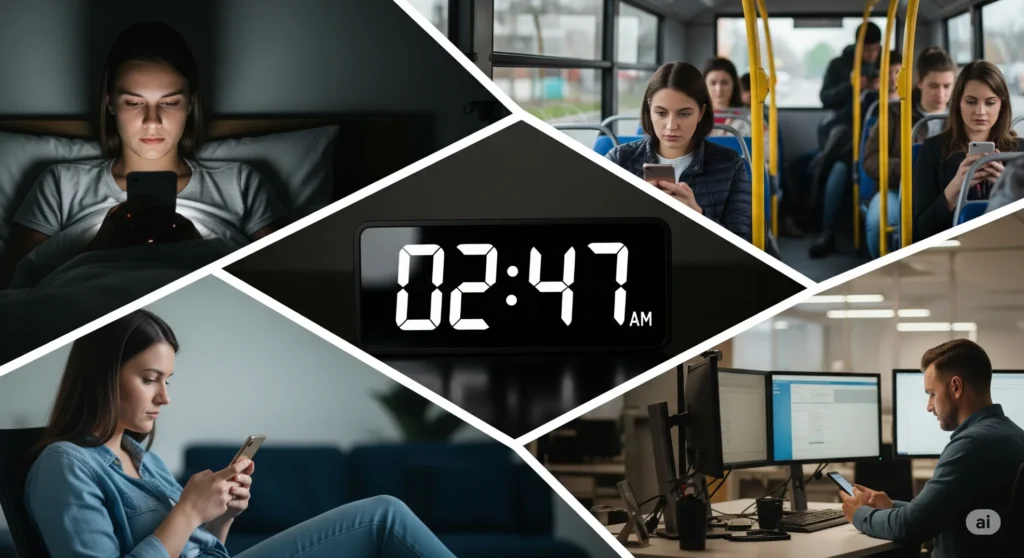
Key Statistics:
- Average daily screen time: 7–9 hours.
- 62% of teens and 54% of adults report checking their phones within 5 minutes of waking up.
- 70% of young adults say they feel “left out” or anxious when not connected online.
Section 2: How Social Media Impacts Mental Health
1. Increased Anxiety and Depression
Multiple studies link frequent social media use with elevated levels of anxiety, stress, and depressive symptoms. Constant comparison to curated highlights of others’ lives can leave users feeling inadequate or left behind.
Real-life example: A 2023 study published in JAMA Psychiatry found that teenagers who spent more than 3 hours a day on social media were twice as likely to develop symptoms of depression.
2. Fear of Missing Out (FOMO)
FOMO is a significant psychological trigger. Seeing others enjoying vacations, parties, or successes can create a sense of isolation—even if your own life is going well. This leads to a loop of compulsive checking, driven by fear of being left out.
3. Decreased Self-Esteem
Platforms like Instagram and TikTok are image-heavy. Users—especially teens and young adults—are constantly exposed to filters, body editing, and idealized beauty standards, often resulting in body dissatisfaction and poor self-image.
4. Sleep Disruption
Blue light from screens and late-night scrolling interfere with melatonin production, disrupting circadian rhythms. Over time, this results in poor sleep quality, fatigue, and even insomnia.
5. Addiction and Dopamine Dependency
Every like, comment, and share triggers a small release of dopamine, the brain’s “feel-good” chemical. This creates a feedback loop similar to other forms of addiction.
Section 3: Signs You May Need a Digital Detox
Not sure if your social media use is harming your mental health? Here are common signs:
- You feel anxious when you can’t check your phone.
- You compare yourself constantly to others online.
- You check notifications multiple times an hour—even during conversations.
- You lose track of time while scrolling.
- You struggle to fall asleep after using your phone in bed.
- Your self-esteem drops after browsing social media.
If these resonate with you, a digital detox might be the reset your brain and body need.
Section 4: Benefits of Taking a Break from Social Media
✅ Improved Mood and Mental Clarity
Detoxing from social media can significantly reduce anxiety, irritability, and depressive symptoms. People often report feeling “lighter” and more in control of their emotions.
✅ Better Sleep Quality
Without late-night scrolling and screen light exposure, many notice improved sleep hygiene and more restful nights.
✅ Enhanced Focus and Productivity
Breaking the cycle of endless notifications allows your brain to enter deep work mode, improving concentration and task completion.
✅ More Authentic Relationships
Face-to-face conversations become more meaningful when they’re not interrupted by digital distractions.
Section 5: How to Start a Digital Detox (Without Going Cold Turkey)
Quitting social media altogether may not be realistic or necessary. Instead, start small and stay consistent.
1. Audit Your Usage
Track your screen time using tools like:
- iPhone Screen Time
- Digital Wellbeing (Android)
- RescueTime (desktop and mobile)
Tip: Identify which apps consume the most time and assess their value in your life.
2. Set Time Limits
Apps like Instagram, YouTube, and TikTok offer daily time limit settings. Use them to reduce overuse gradually.
3. Designate Tech-Free Times
- First hour after waking up
- Meal times
- An hour before bed
- During family or friend hangouts
4. Turn Off Non-Essential Notifications
Silencing alerts for likes, comments, and shares can reduce the urge to constantly check your phone.
5. Delete or Hide Apps Temporarily
Try removing social media apps from your home screen or using browser-only access to reduce instant temptation.
6. Use Grayscale Mode
Changing your screen to grayscale reduces visual stimulation, making apps less appealing.
7. Replace the Habit
Instead of reaching for your phone, try:
- Reading
- Journaling
- Walking
- Meditation
- Calling a friend
Section 6: The Role of Social Media in Modern Life
Let’s not demonize social media altogether. These platforms offer real benefits:
- Support groups for mental health and chronic illness
- Job opportunities and career networking
- Creative expression and brand building
- Global awareness and education
The key is conscious, mindful usage—not mindless consumption.
Section 7: Long-Term Strategies for Digital Balance
1. Curate Your Feed
Unfollow or mute accounts that trigger comparison, negativity, or stress. Instead, follow pages that uplift, educate, or entertain meaningfully.
2. Schedule Social Media Time
Set specific time blocks during your day to check in—like checking email. Avoid spontaneous scrolling.
3. Engage Intentionally
Comment with purpose, share thoughtfully, and connect meaningfully instead of lurking or doom-scrolling.
4. Digital Sabbaths
Once a week, take a full day off from social media. Use it to recharge offline.
5. Therapy or Coaching
If your social media habits are deeply affecting your mental health, consider professional help. Cognitive Behavioral Therapy (CBT) is effective for digital addiction.
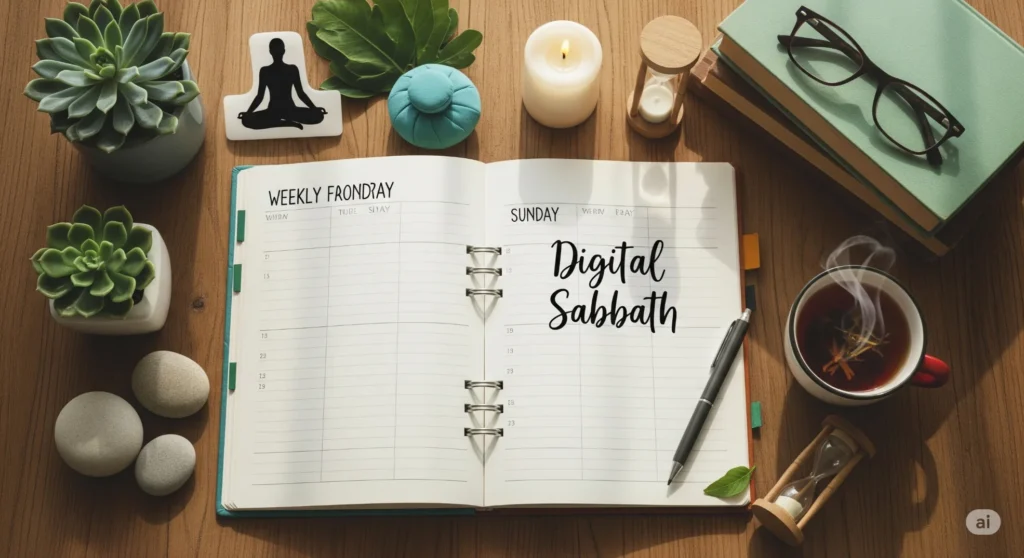
Conclusion: Reclaim Your Peace, One Scroll at a Time
Social media is not inherently harmful—but our relationship with it can be. If you’re constantly feeling anxious, burnt out, or emotionally drained, it may be time to pause and reassess.
A digital detox doesn’t have to mean total disconnection. Even small changes can create profound improvements in your mental health, sleep, focus, and happiness.
Remember: You own your screen time—it doesn’t own you.
SEO Keywords (Used Throughout the Article):
- digital detox
- mental health and social media
- effects of screen time
- social media addiction
- how to reduce screen time
- psychological impact of social media
- tips for digital detox
- social media and anxiety
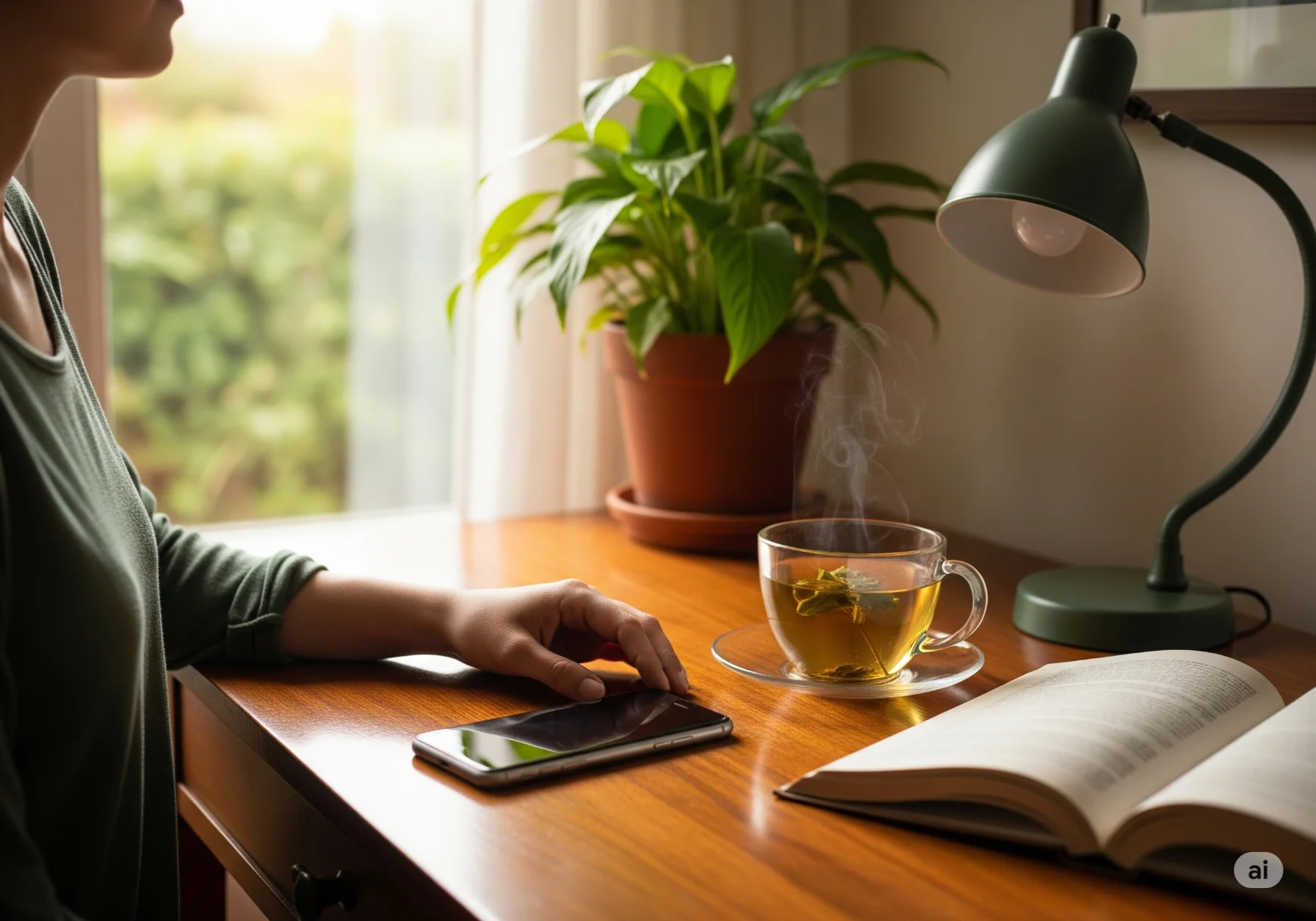

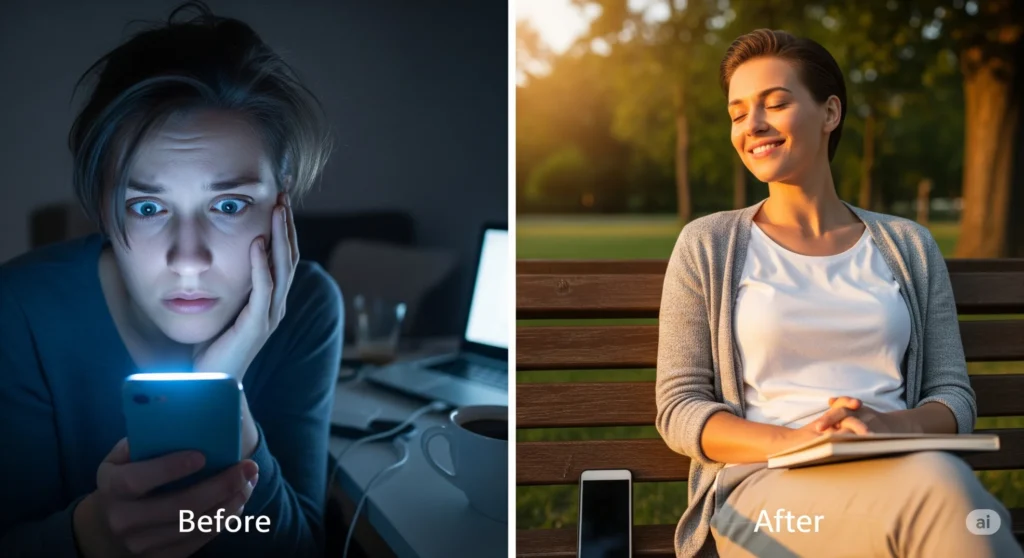




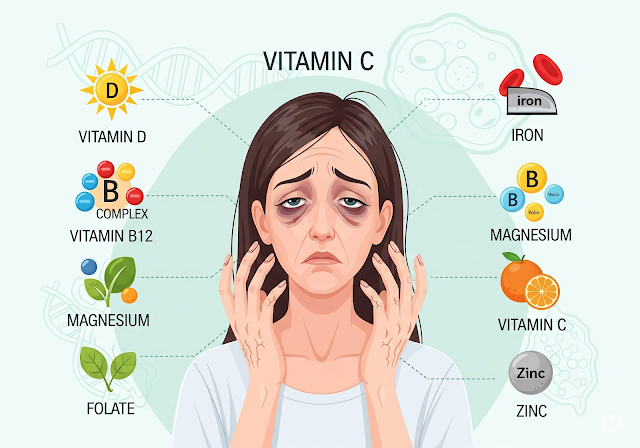
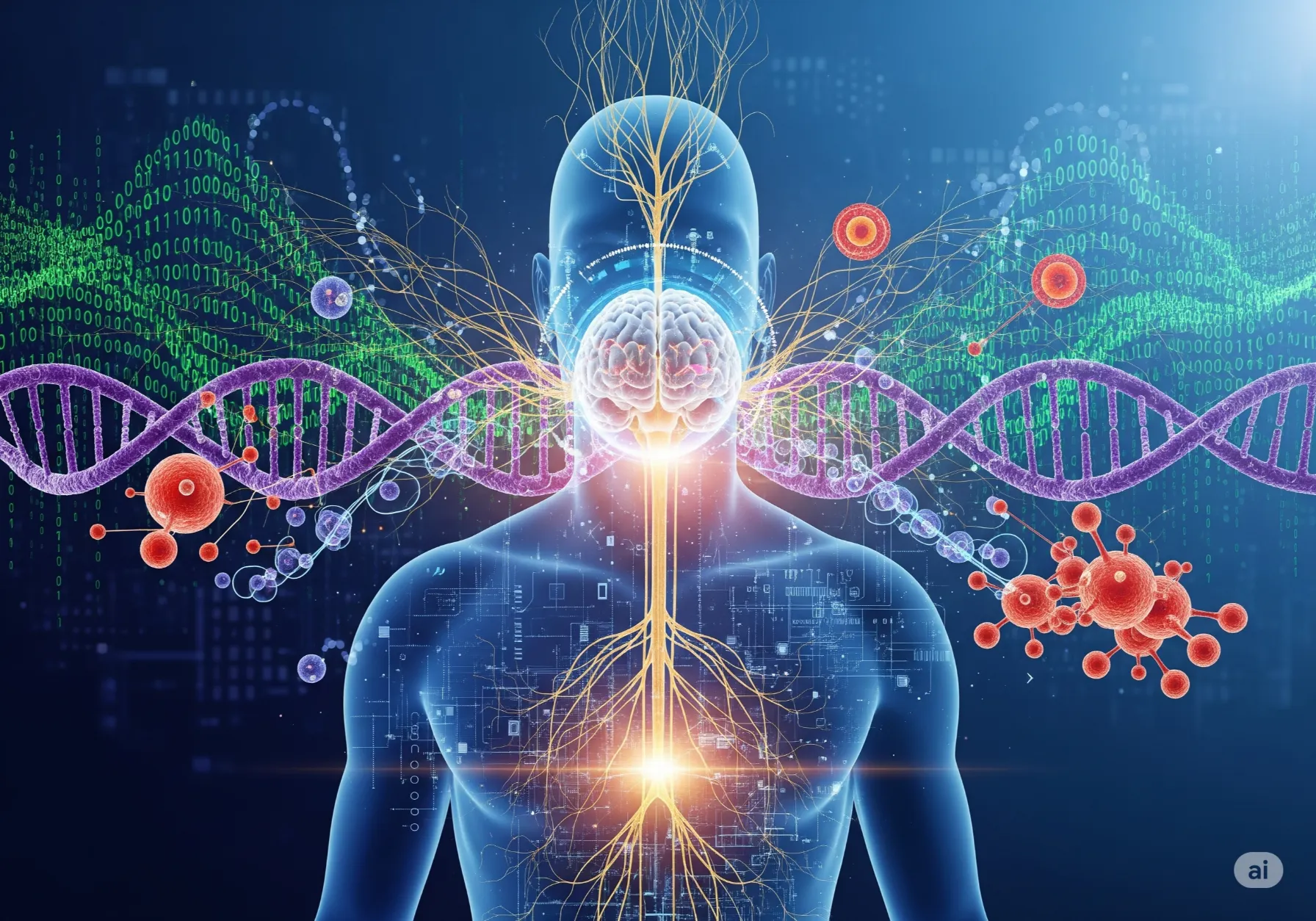
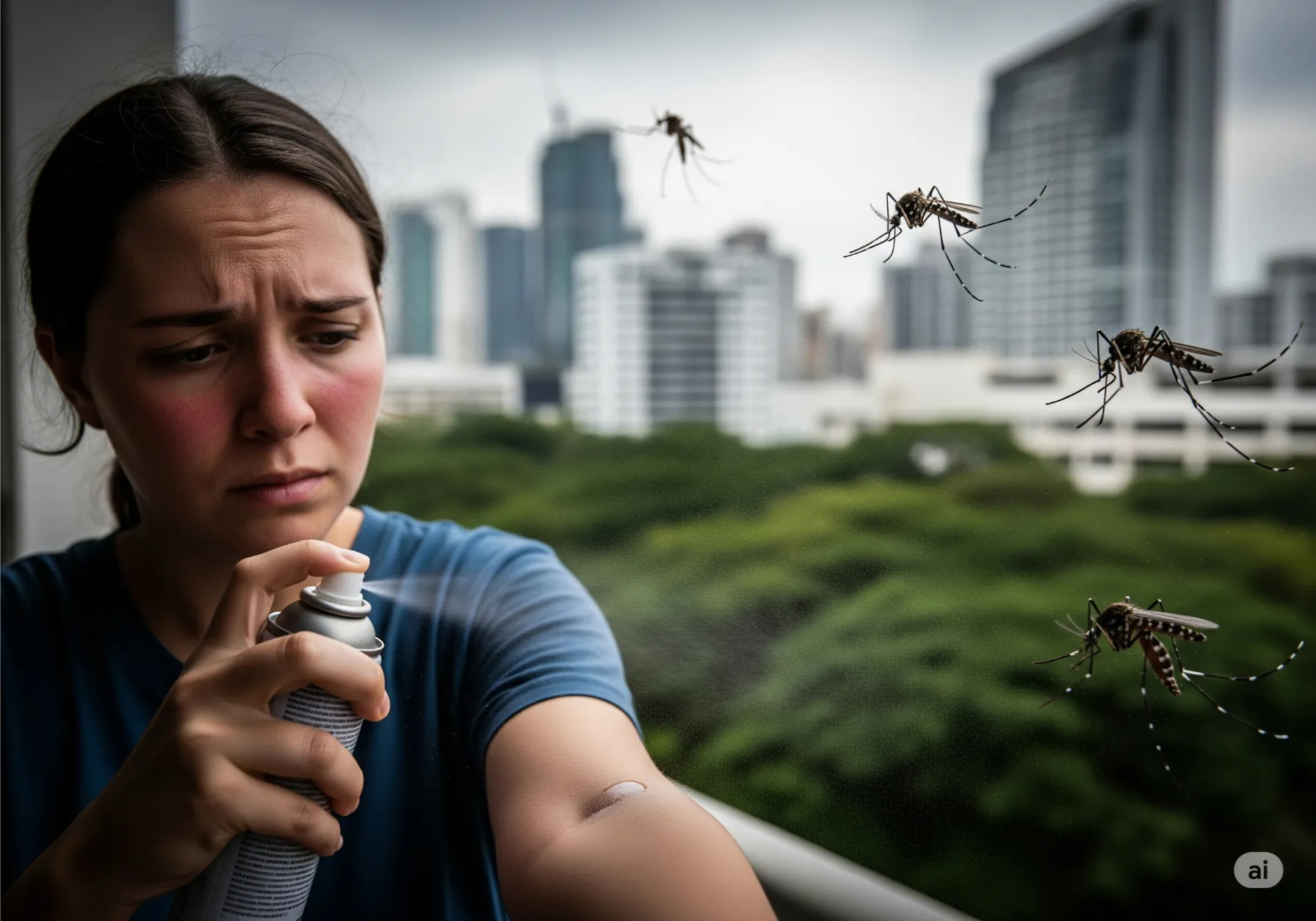

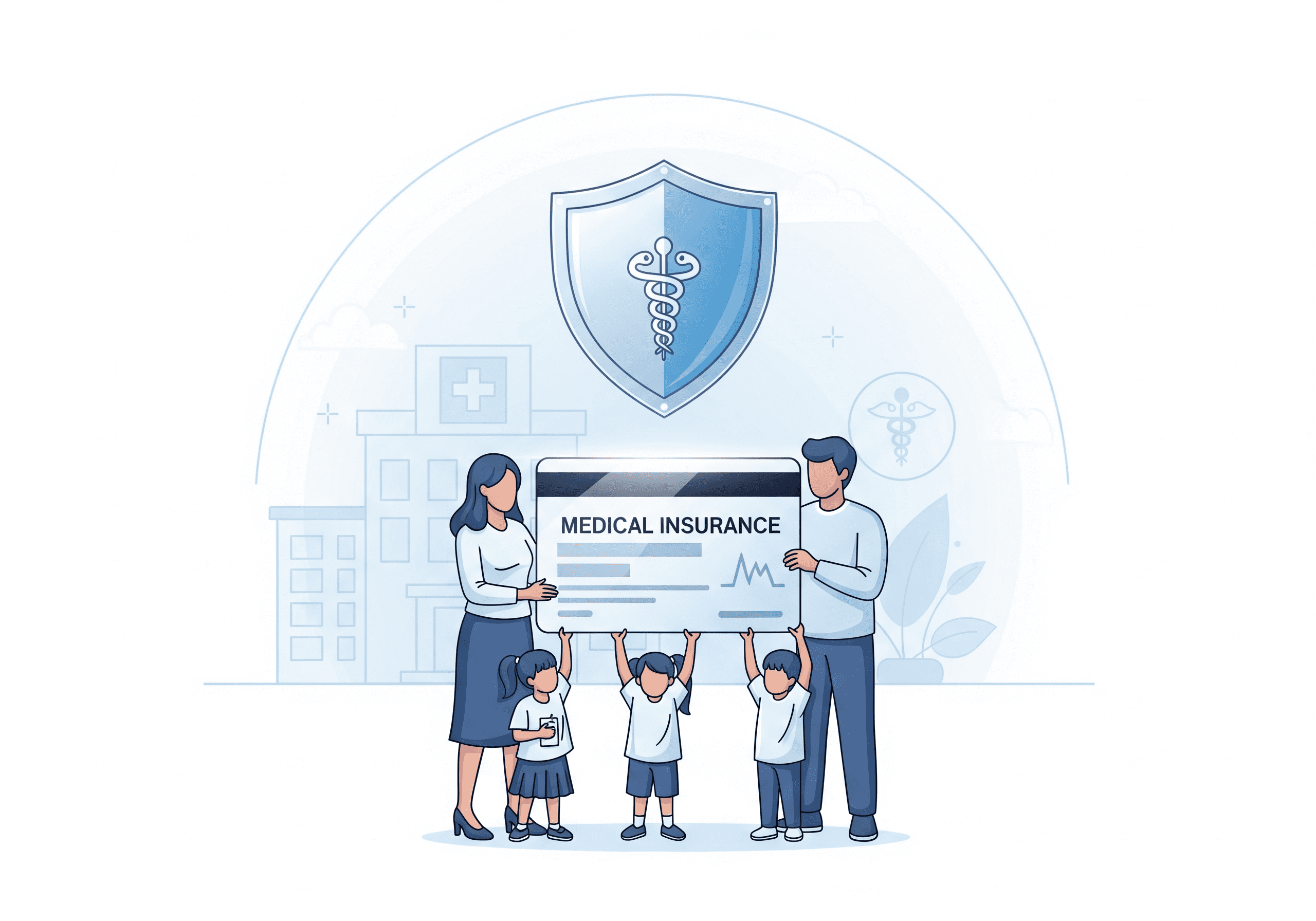
Leave a Reply